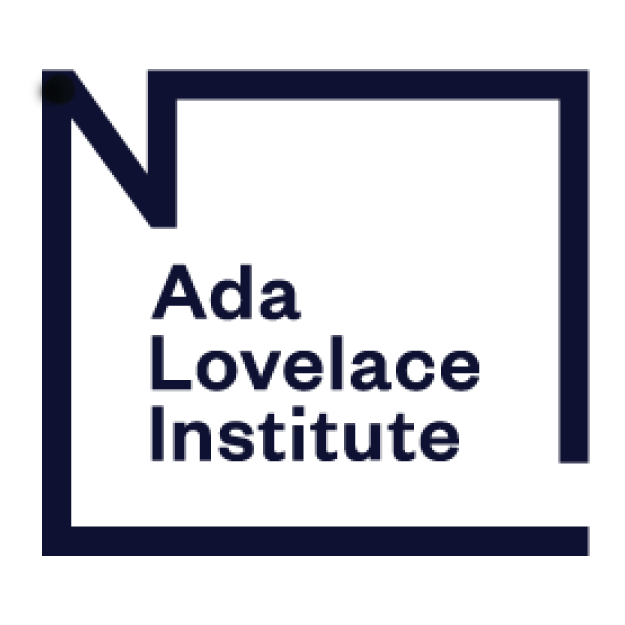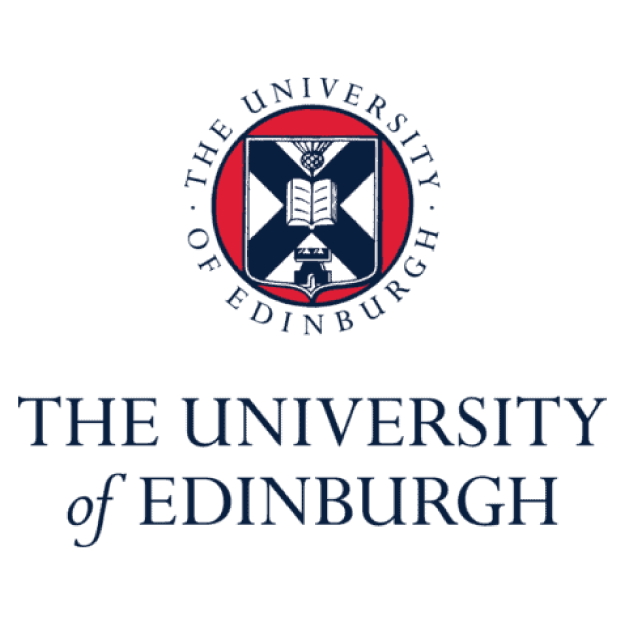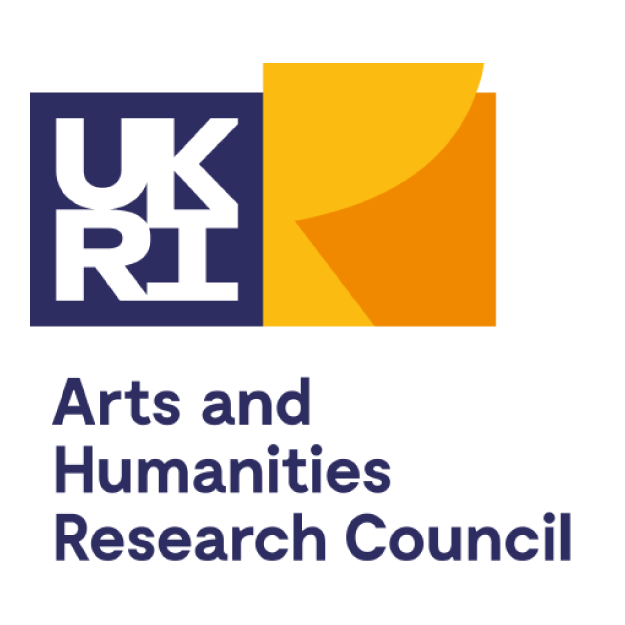- Led by Dr Bahareh Heravi, University of Surrey,
- Partnered with BBC
This fellowship seeks to enhance responsible AI adoption in the newsroom, and promoting cross-team and interdisciplinary communication and coordination within the BBC and beyond. The outcomes are anticipated to be significant for a broad spectrum of journalists and journalism students, both within the UK and internationally.
Fundamental to well-informed and democratic societies, journalism relies heavily on trust, credibility, and accountability. For a national broadcaster in a diverse country like the UK, it is paramount that journalism outputs reflect and represent the entire population’s diversity. This is one of the five public purposes of the BBC Charter and is crucial for providing impartial news and information. While AI offers enhanced capabilities and efficiency, there’s a risk it may amplify biases and disinformation. Such pitfalls could lead to biased or inaccurate reporting, misinforming the public and exacerbating societal divides. Hence, in journalism and particularly for national broadcasters like the BBC, committing to the highest standards of responsible AI is critical. This commitment means ensuring accuracy, fairness, and public trust, while fostering accountability and transparency in reporting. To ensure a responsible use of AI in reporting and editorial processes, journalists must have an appropriate understanding of AI, its potential, and its various implications, including risks, and ethical, moral, and regulatory considerations. Current research shows a significant gap in data and AI literacy among journalists, along with a lack of widespread, appropriate educational resources in this field for both media organisations and academic institutions. This shortage is particularly acute in the area of Responsible AI.
As AI continues to transform the industry, equipping journalists with the necessary skills and understanding is crucial for their professional development and maintaining the integrity of the field. Consequently, new educational imperatives have emerged for journalists, editorial staff, and development teams, highlighting the urgent need for education and training in response to the rapid and novel integration of AI in journalism. Taking a people-centred approach to AI innovation and education, this project addresses a BBC challenge on enhancing Responsible AI literacy and promoting cross-team and interdisciplinary communication and coordination. To comprehensively address the multifaceted aspects of Responsible AI in journalism, the project draws on intersectional theories and practices. Intersectionality addresses the interplay of diverse categories of ‘difference’ and ‘identity’ such as gender, sexuality, race, ability, and class, and their influence on power dynamics, systemic inequalities and oppression. This approach will ensure that the AI development and use at the BBC are sensitive to and inclusive of diverse influences, and ultimately contribute to more responsible, equitable and inclusive outcomes in journalism. Working with the BBC, this project takes an interdisciplinary and collaborative approach to research and development in action.
The overall research method for this research is Action Research, which enables researching and taking action towards solving a problem simultaneously. This research method is particularly useful for research in organisational settings. Within this approach, quantitative and qualitative research methods (surveys, interviews and scoping of existing educational offerings) will be applied to study the AI literacy level of journalists and their associated educational needs. Consequently, recommended training approaches and materials will be designed and refined in a collaborative and iterative manner with the BBC. The educational recommendations and outputs will primarily benefit BBC editorial staff, yet their impact extends beyond the BBC. The outcomes are anticipated to be significant for a broad spectrum of journalists and journalism students, both within the UK and internationally.





